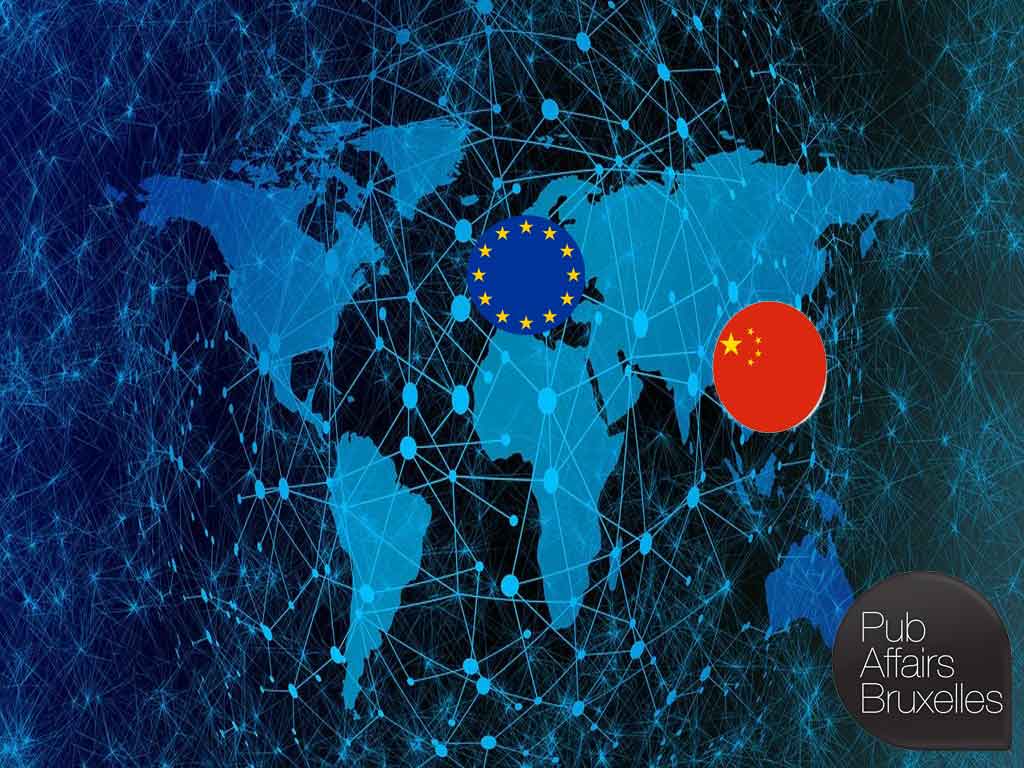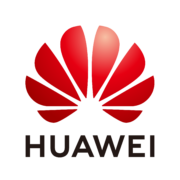We are most pleased to invite you to participate in an evening of discussion on the perspectives ahead regarding the EU-China dialogue on cybersecurity and the question of global tech governance with our distinguished speakers:
- Ms Maria Spyraki MEP, Vice-Chair of the European Parliament’s Delegation for relations with the People’s Republic of China;
- Dr Jean-Marc Rickli, Head of Global Risk and Resilience Geneva Centre for Security Policy (GCSP);
- Professor Bart Preneel, Computer Security and Industrial Cryptography Research Group (COSIC), KU Leuven.
Mr Abraham Liu, Chief Representative to the EU Institutions and Vice-President for the European Region, Huawei, will hold a keynote speech.
The debate will be moderated by Ms Giulia Pastorella, Associate Director, Tech and Trade, Weber Shandwick.
This event will be held under the Chatham House Rule.
Given the current developments regarding the Covid-19 outbreak, this event will be held in streaming.
This event is kindly sponsored
About the debate
As J.S. Nye argues technological change is placing a number of issues onto the global agenda while weakening governments’ ability to respond. Whereas US-China tensions are putting severe pressure on the ever more interconnected global cyber governance and the world’s trade system. For these reasons, Europe has increased its efforts to foster its capability to make its own choices, based on its own values and respecting its own rules. Indeed, a strong EU tech sector is vital to make Europe fit for the digital age. As a result of these trends, the European Union has been enhancing its own set of cybersecurity tools, as in the case of the adoption of the Cybersecurity Act and the review of the NIS Directive on Security of Network and Information Systems (NIS).
These efforts have also been made to respond to future challenges for the EU tech sector. While some analysts suggest that the US Clean Network initiative is going to bifurcate the internet and force companies to take sides in the global supply chain, others insist on the question of the ownership of the networks, regardless of the potential damages this stance may create in terms of innovation, economic growth, environmental sustainability and international cooperation. As a result, this evolution of the international public policy debate on both the cyberspace and trade has reinforced the European consciousness of its geopolitical role, posing again the questions of how to engage more effectively on a world scale by fostering international dialogue, as well as of how to avoid the fragmentation of the global landscape.
Within this context, the EU-China dialogue on cybersecurity has gained significant importance together with trade and investment relations which have been institutionalised in the EU-China 2020 Strategic Agenda for Cooperation and the 2016 EU Strategy on China as the cornerstones of Brussels’ engagement with Beijing. This setting stems from both the appreciation that China has become a technological power and the acknowledgement that the balance of opportunities and challenges presented by EU-China relations has significantly evolved in recent times.
As pointed out by several pundits, the global cyberspace and trade system which are to emerge after the Coronacrisis will be even more connected and, most importantly, will further emphasise the need for a more intense and effective global tech governance. As an example, the Internet of Things (IoT) is expected to further expand the world’s connectivity, allowing by 2025 the networking of more than 100 billion objects. Given this scenario and compared to the strategic relevance of cyberspace across the world, cybersecurity and cybergovernance remain crucial and sensitive matters not only regarding EU-China relations but also for the international community as a whole.
The event will commence at 6.00 pm and it will be held in streaming. After the panel debate there will be an opportunity for questions and discussions.
The audience will be able to ask questions during both the discussion and the Q&A session through sli.do #EUChinaDialogue
Please specify, whenever possible, to which speaker you wish to address the question. Questions without this specification will be intended as to be addressed to the panel as a whole.
We look forward to hosting you at 6.00 PM on the 9th of September 2020.


